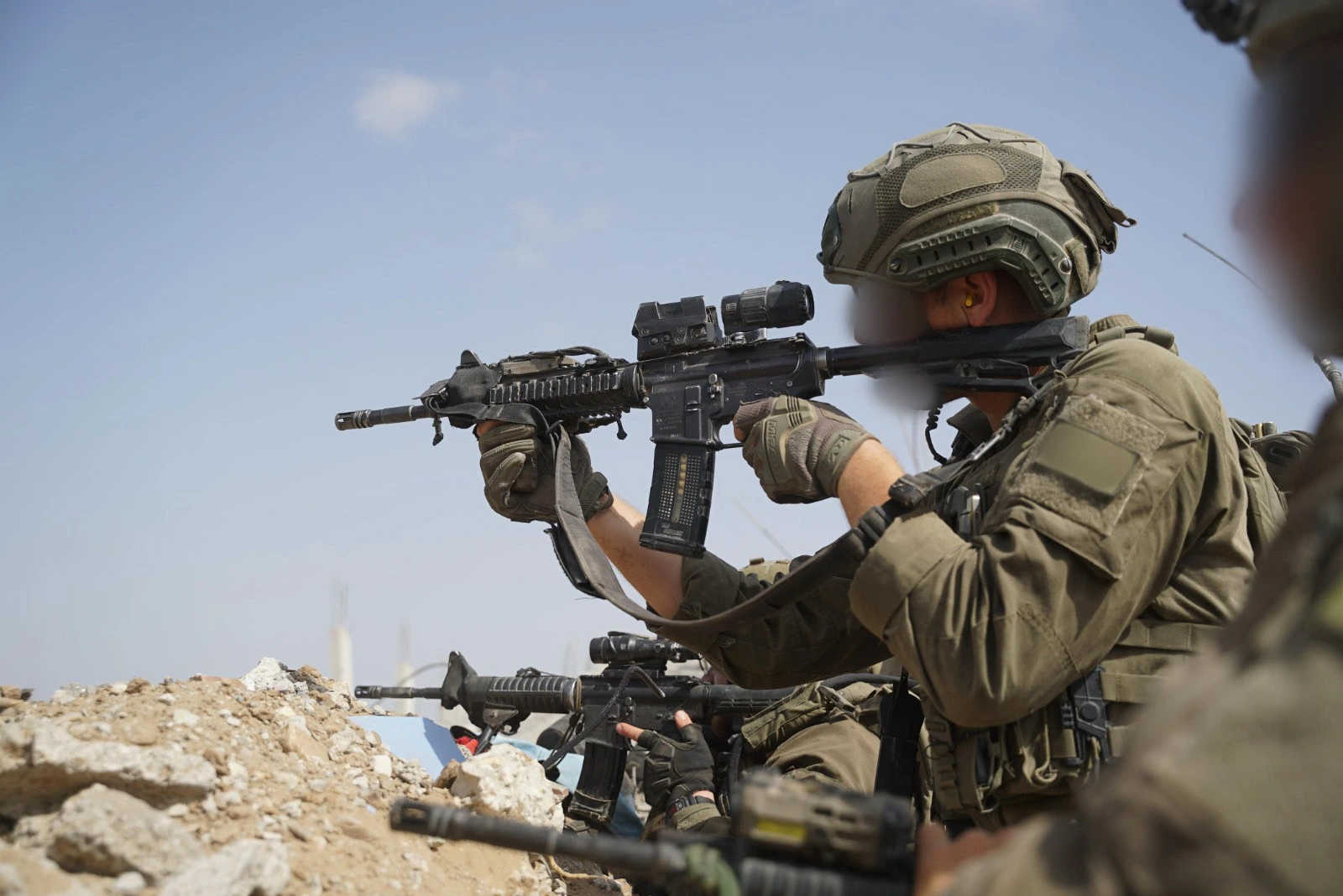Already a subscriber? Make sure to log into your account before viewing this content. You can access your account by hitting the “login” button on the top right corner. Still unable to see the content after signing in? Make sure your card on file is up-to-date.
Israel has announced that it will call up 60,000 reservists and extend the service of more troops as it prepares to launch a large-scale military offensive in Gaza.
Some shit you should know before you read: Roughly two days ago, Hamas officially agreed to a ceasefire and hostage release proposal brokered by Egyptian and Qatari mediators. The plan outlines a phased approach beginning with a 60-day ceasefire, during which Hamas would release 10 living Israeli hostages and return the bodies of 18 others. In exchange, Israel would release 150 Palestinian prisoners, including many serving life sentences. The agreement is structured to allow ongoing negotiations during the truce, leading to a possible second phase that could include the release of remaining hostages, a full Israeli military withdrawal from Gaza, and talks toward a permanent ceasefire and broader terms to end the war. Israel has not officially responded to the offer, though some officials have indicated that they expect all hostages to be released (with 50 still held by Hamas, of which they believe 20 are alive).

What’s going on now: In a notable development, Israeli military leaders have announced the call-up of 60,000 reservists and the extension of service for 20,000 others as part of preparations for a new phase of combat in Gaza. This mobilization marks one of the largest reserve activations since the war began. Military officials have confirmed that operations have already begun in Jabalia, setting the stage for a wider, more intensive campaign in the coming days.
The ground operations are expected to involve five divisions of active-duty soldiers supported by the newly mobilized reservists. According to Israeli officials, the campaign will be “gradual, precise, and targeted,” with forces entering areas of Gaza City where they have not previously operated. The stated objectives include dismantling Hamas’s remaining military infrastructure, neutralizing its command centers, and seizing control of densely populated urban areas still under militant control.
Israel’s decision has drawn sharp criticism from some European allies, who warn that escalating military action in Gaza’s most populated zones risks catastrophic civilian casualties and further mass displacement. These warnings have been echoed in global forums, where international concern over Israel’s conduct of the war continues to mount.
In response, Israel insists it is taking measures to mitigate civilian harm even as it intensifies its operations. Military officials point to the rollout of a “humanitarian plan” running parallel to combat operations.







